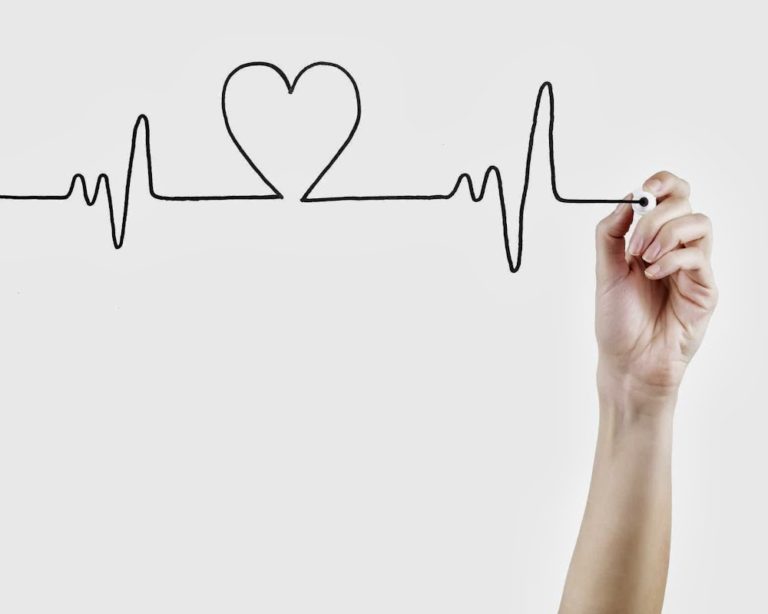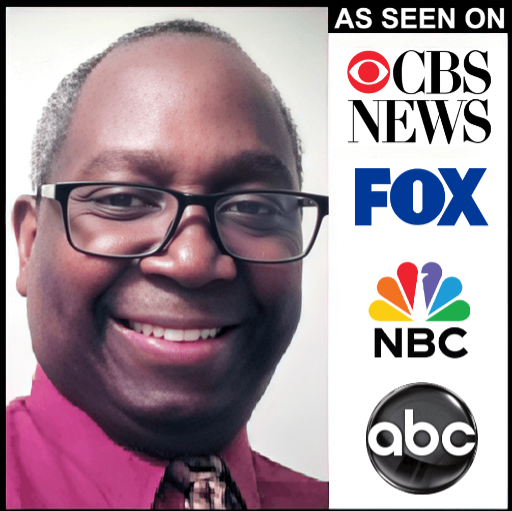In a world drowning in quick-fix pharmaceuticals and symptom-masking treatments, ancient healing wisdom beckons from the pages of acupuncture books.
If you’ve ever felt the profound relief after an acupuncture session or simply wondered how those tiny needles create such powerful effects, you’re not alone.
The gap between curiosity and understanding is where transformation begins—and the right acupuncture book can be your bridge to both personal healing and perhaps even a new career path.
I’ve spent decades exploring the intersection of Eastern and Western healing modalities, and I can tell you this: understanding acupuncture isn’t just about memorizing meridian points—it’s about embracing a completely different paradigm of health.
The books I’m sharing today aren’t just information sources; they’re doorways to a medical tradition that has survived and thrived for thousands of years.

Top Acupuncture Books for Beginners and Practitioners
Between Heaven and Earth: A Guide to Chinese Medicine
For those just beginning their journey into Chinese medicine, “Between Heaven and Earth” by Harriet Beinfield offers a gentle introduction to the philosophical underpinnings of acupuncture.
This book brilliantly translates complex Eastern concepts into accessible Western language without sacrificing depth.
What makes this book exceptional is its practical approach. Beyond theory, Beinfield provides actionable insights into how Chinese medical techniques can enhance your daily life.
The book doesn’t just explain acupuncture—it contextualizes it within the broader framework of Chinese medicine, making it perfect for curious beginners.
The Web That Has No Weaver: Understanding Chinese Medicine
When you’re ready to dive deeper, Ted Kaptchuk’s “The Web That Has No Weaver” delivers a comprehensive guide to the theory and practice of Chinese medicine. This modern classic stands as perhaps the most influential English-language text on the subject.
Kaptchuk meticulously explains the fundamental concepts that differentiate Chinese medicine from Western approaches—including the vital energy (qi), yin-yang theory, and the five elements.
For anyone serious about truly understanding how acupuncture works rather than just accepting that it does, this book is indispensable.
The Spark in the Machine: How the Science of Acupuncture Explains the Mysteries of Western Medicine
For those seeking to bridge Eastern and Western medical paradigms, “The Spark in the Machine” by Daniel Keown, M.D., L.Ac. explains traditional Chinese medicine concepts in more familiar Western biomedical terms. As both a Western-trained doctor and licensed acupuncturist, Keown offers a uniquely credible perspective.
The brilliance of this book lies in its exploration of concepts often overlooked in Western medicine—like fascia, piezoelectricity, and systems theory—to explain the scientific basis for acupuncture’s effectiveness. If you’ve ever wondered, “But how does it actually work?” this book provides compelling answers grounded in contemporary science.
A Manual of Acupuncture
For practitioners and serious students, Peter Deadman’s “A Manual of Acupuncture” stands as the definitive reference text. This extraordinary book sets an entirely new standard in its field, with meticulous detail on point locations, actions, and clinical applications.
While not light reading for beginners, this comprehensive resource becomes invaluable as your practice develops. The detailed illustrations and thorough explanations make complex information accessible, even as your understanding deepens.
A Patient’s Guide to Acupuncture
For those just discovering acupuncture’s potential, Sarah Swanberg’s “A Patient’s Guide to Acupuncture” teaches everything you need to know to fully experience the benefits of this holistic healing approach. This accessible, practical guide answers the questions patients most commonly ask.
If you’re considering acupuncture treatment but feeling hesitant or uncertain, this book provides clarity and confidence. It demystifies the experience without oversimplifying the profound healing potential.
Acupuncture Unplugged: Your Guide to Understanding if Acupuncture is Right for You
For those specifically wondering if acupuncture is the right choice for their health journey, “Acupuncture Unplugged” by Dennis Morales Francis cuts through the mystique and delivers straight talk about this ancient healing art.
Released in January 2025, this fresh addition to acupuncture literature addresses the practical questions that potential patients actually ask. Rather than getting lost in theoretical complexities, I focus on helping readers make informed decisions about incorporating acupuncture into their healthcare routine.
What distinguishes this book is its no-nonsense approach to explaining both the benefits and limitations of acupuncture treatment. I’ve distilled decades of experience into a guide that respects your intelligence while making complex healing concepts genuinely accessible.
Whether you’re treatment-curious or skeptical but open-minded, this book provides the clarity you need without the cultural gatekeeping that sometimes surrounds traditional medicine.
How Acupuncture Works: Eastern and Western Perspectives
Understanding how acupuncture works requires appreciating both traditional Eastern explanations and modern Western scientific interpretations. Let’s explore both perspectives to get a complete picture.
The Eastern Explanation: Qi and Meridians
In traditional Chinese medicine, acupuncture is based on the concept that a vital energy called qi (pronounced “chee”) flows through pathways called meridians throughout the body. When this energy flow becomes blocked or imbalanced, illness or pain results.
Acupuncture points are specific locations along these meridians where the energy flow can be accessed and modified. By inserting thin needles at these points, practitioners aim to restore proper energy flow, thereby addressing the root cause of health problems rather than just treating symptoms.
This holistic approach views the body as an interconnected system where physical, emotional, and spiritual aspects all contribute to overall health. This explains why acupuncture can address such a wide range of conditions—from physical pain to emotional distress to chronic disease.
The Western Scientific Perspective
Western science offers several explanations for acupuncture’s effectiveness. The most popular theory suggests that acupuncture works through the “Gate Control Theory,” where needle stimulation interrupts pain signals from reaching the brain.
Recent research led by neuroscientists at Harvard Medical School has discovered specific neurons that respond to acupuncture stimulation and trigger anti-inflammatory responses. This explains why acupuncture can be effective for conditions involving inflammation.
Acupuncture also stimulates the body’s production of endorphins (natural painkillers) and triggers the release of melatonin, which promotes relaxation and elevates mood. This scientific understanding helps explain acupuncture’s effectiveness for pain management, sleep disorders, and mood regulation.
What’s particularly fascinating is that modern research is increasingly validating traditional wisdom. As our scientific tools become more sophisticated, we’re discovering physiological mechanisms that align surprisingly well with ancient Chinese medical concepts.
Why Learn About Acupuncture?

Whether you’re considering acupuncture treatment, exploring a potential career path, or simply curious about alternative healing modalities, understanding acupuncture offers numerous benefits:
- Informed healthcare decisions: Knowledge empowers you to integrate Eastern and Western approaches for optimal health.
- Personal health management: Understanding acupuncture principles can enhance your awareness of your body’s signals and needs.
- Career opportunities: Acupuncture’s integration into mainstream healthcare is growing, creating exciting professional possibilities in this field.
- Philosophical enrichment: Studying acupuncture introduces you to profound perspectives on the nature of health, balance, and the mind-body connection.
As Western medicine increasingly recognizes acupuncture’s validity, opportunities for practitioners continue to expand. Hospitals, integrative clinics, and private practices all seek qualified acupuncturists to complement conventional treatments.
Starting Your Acupuncture Book Journey
If you’re new to acupuncture literature, I recommend beginning with “Between Heaven and Earth” or “The Patient’s Guide to Acupuncture.” These accessible texts provide solid foundations without overwhelming you with technical details.
As your understanding grows, progress to “The Web That Has No Weaver” and “The Spark in the Machine” to deepen both your Eastern and Western comprehension of acupuncture principles.
For those considering professional practice, “A Manual of Acupuncture” becomes an essential reference, though its clinical focus makes it better suited for serious students rather than casual readers.
The Future of Acupuncture Knowledge
The dialogue between Eastern and Western medical paradigms continues to evolve, with each new generation of acupuncture books reflecting deeper integration and understanding. Modern texts increasingly incorporate scientific research while honoring traditional wisdom.
The inclusion of acupuncture into conventional healthcare is being internationally considered as a response to increasing chronic diseases, recognizing that a combination of both approaches may result in the amplification of health professionals’ knowledge and improvement of healthcare.
As you explore these recommended books, remember that understanding acupuncture isn’t just an intellectual exercise—it’s an invitation to transform your relationship with health and healing. Whether you seek personal wellness or professional development, these texts offer pathways to profound wisdom that has stood the test of time.
The ancient healing art of acupuncture has survived millennia not because of clever marketing or corporate backing, but because it works. And in today’s high-speed, high-stress world, its holistic wisdom may be more relevant than ever.
Are you ready to discover how those tiny needles can create such powerful change? The journey begins with turning the first page.
Resources for Further Learning
Beyond books, consider these additional resources for deepening your acupuncture knowledge:
- Online courses: Many acupuncture schools now offer introductory online modules
- Community workshops: Look for local practitioners who offer educational sessions
- Acupuncture school open houses: Experience the educational environment firsthand
- Professional associations: Organizations like the American Association of Acupuncture and Oriental Medicine provide reliable information
Whatever path you choose, remember that understanding acupuncture is a journey rather than a destination. Each book, each treatment, each conversation deepens your appreciation for this profound healing tradition.
Have you explored any acupuncture books already? Which aspects of this ancient healing art most intrigue you? Share your experiences in the comments below.


Leave a Reply